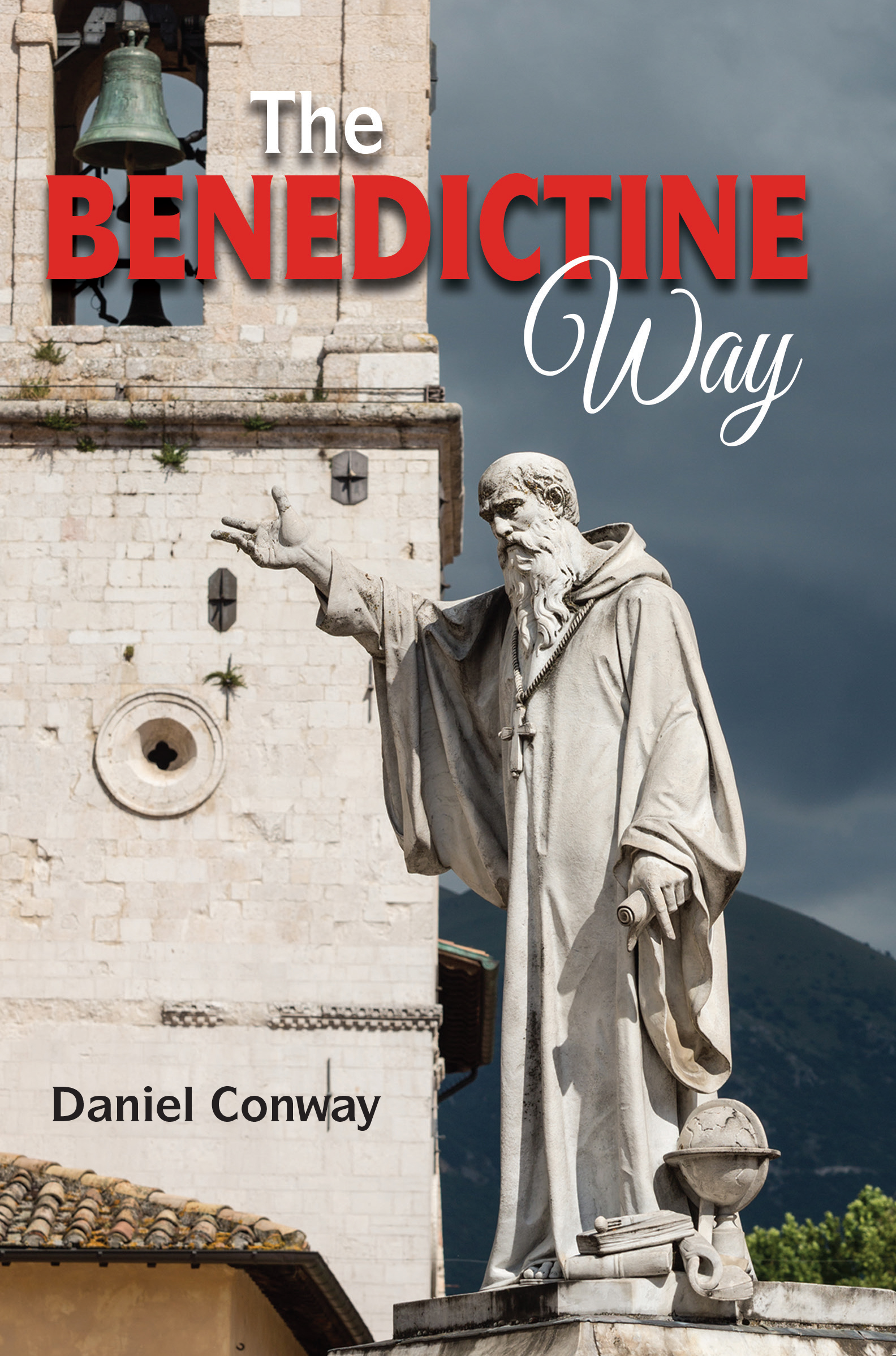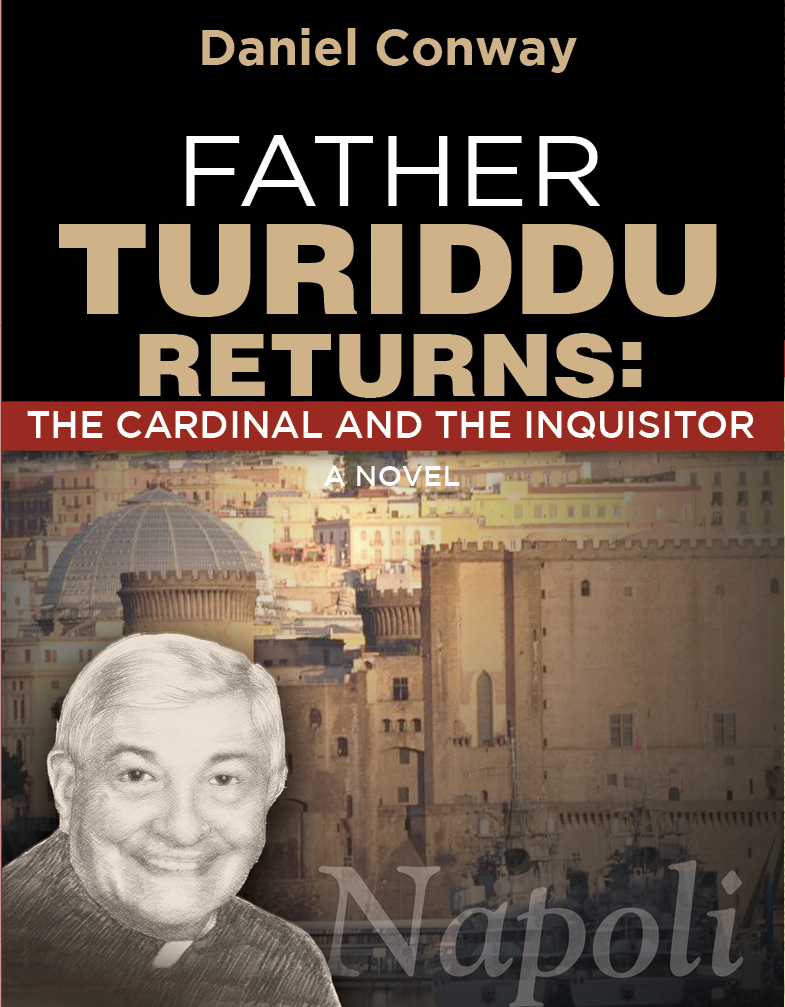When Pope Francis canonized St. Teresa of Calcutta on September 4, 2016, he confirmed for all time her extraordinary position as a woman who was close to God.
All of us are called to be holy, to search for God, to find him and to become united with him—both here on earth and in our heavenly home. Holiness is the quality of our union with God, the indication of our closeness to him. Holy women and men are close to God. That’s why we call them saints.
In his encyclical Spe Salvi (Saved by Hope), Pope Emeritus Benedict XVI writes: “Life is a voyage on the sea of history, often dark and stormy, a voyage in which we watch for the stars that indicate the route. The true stars of our life are the people who have lived good lives.” They are the lights of hope, the Holy Father writes, because they point us to Jesus Christ, “the true light, the sun that has risen above all the shadows of history.”
Mother Teresa was a star of hope for millions—the dying destitute in the streets, the abandoned infants who were welcomed wholeheartedly, the hungry, lonely, diseased, frightened and lost souls who were treated with dignity and charity by Mother and her sisters in all corners of the globe. Mother Teresa and her Missionaries of Charity pointed to Christ in their devotion to the Eucharist, in their poverty and in their tireless efforts to serve the poorest of the poor. Their zeal was (and still is) contagious. It touched the lives of millions of people!
To be holy doesn’t mean being perfect. Mother Teresa was a sinner often plagued by doubt and an overwhelming sense of her own unworthiness. She was holy, not sinless. And she struggled to discern God’s will for her and to make the right choices for herself, her community and, above all, the people she desperately wanted to serve—with Jesus, for Jesus and as Jesus.
Pope Francis’s official canonization of this woman was an important moment in the life of the Church and in the history of the world as we know it. In one of his homilies last year, the pope made a powerful observation about this simple woman: “With cynicism, the powerful might say, ‘But what did she accomplish? She spent her life helping people die.’” Without the eyes of faith, her witness seems foolish, but Pope Francis reminds us that Mother Teresa did not act alone. She took the place of Jesus as she helped people to die. She let them know that they were not alone either, that God loved them and was close to them in their dying moments.
Mother Teresa was a woman for all seasons. To newborns she was hope for the future. To the poor and homeless, she was shelter and comfort. To the hungry she was nourishment (physical and spiritual). To the dying, she was consolation and lasting peace.
As Indianapolis Archbishop Joseph W. Tobin has written, “All of us are called to holiness, to closeness to God, but unfortunately most of us find ourselves further away from God than we would like to be. That’s why Christ gives us the sacraments—especially the Eucharist and the sacrament of penance—to help us in our daily struggles on the way to holiness. We are all called to be close to God, but for many of us (most of us?) the journey is a long and difficult one.”
Mother Teresa would include herself among the list of those whose road to holiness was long and difficult. The world saw the fruits of her labor. We saw the miraculous results of the ministry that she and her Sisters carried out in impossible circumstances and situations. What we did not see was the pain and anguish that Mother’s search for holiness often involved as she struggled with inner loneliness and a sense of abandonment by God—even when she knew he was close by.
Saints are close to God, but Teresa of Calcutta was a powerful example of a saint who didn’t always feel close to God, who longed with all her heart to be closer to her Lord and Savior. She sought him wholeheartedly—in the Eucharist, in the faces of the poor and destitute, in the members of her community and even in the eyes of strangers in the vast world beyond her “comfort zone.”
When Pope Francis canonized St. Teresa of Calcutta, he did something beautiful for God. He took something simple and small and he magnified it beyond all ordinary proportions. He took someone who desperately wanted to be humble, and made her great!
St. Teresa of Calcutta, pray for us!
Copyright © 2016, Daniel Conway Permission is given to copy and distribute this Good Steward Newsletter for use in religious or educational settings provided that proper attribution is given to the author. This publication may not be sold or distributed to the general public without the express permission of the author.











